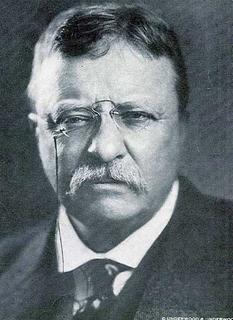 Slaves were "de-Africanized" almost immediately. But upon arriving in the new land, "Africans in America needed not think even for a moment that they were American’s. The beatings, lynchings, and the psychological demoralization of having to call someone ‘master’ experientially told them that they were not American’s. They were not allowed to be Africans, and they were not accepted as Americans."
Slaves were "de-Africanized" almost immediately. But upon arriving in the new land, "Africans in America needed not think even for a moment that they were American’s. The beatings, lynchings, and the psychological demoralization of having to call someone ‘master’ experientially told them that they were not American’s. They were not allowed to be Africans, and they were not accepted as Americans."
"The ambiguity of being stripped of one’s identity and never fully afforded another has been sufficient enough to create existential tension in African American’s"
W.E.B Du Bois said, "Here, then is the dilemma, and it is a puzzling one, I admit. No Negro who has given earnest thought to the situation of his people in America has failed, at some time in life, to find himself at these crossroads; has failed to ask himself at some time: what, after all, am I? Am I an American or am I a Negro? Can I be both?"
 Du Bois would also write; ‘One ever feels his twoness–an American, a Negro; two souls, two thoughts, two unreconciled strivings; two warring ideals in one dark body, whose dogged strength alone keeps it from being torn asunder."
Du Bois would also write; ‘One ever feels his twoness–an American, a Negro; two souls, two thoughts, two unreconciled strivings; two warring ideals in one dark body, whose dogged strength alone keeps it from being torn asunder."
Brad Braxton (PH.D and assistant Professor of Homiletics and Biblical Studies at Wake Forst University Divinity School), argues that the "hyphenated-Americanism" is necessary. Consider his words…
"I contend that one of the virtues of African Americans has been our ability to hold the warring ideals of which Du Bois spoke in a dialectical tension and to allow this tension to define and energize our lives. The truth of our existence is this tension. Even though this ambiguity was cast upon us by others, African-American’s have transformed this tension of ambiguity into a hallmark of our existence. Moreover, African-American’s know that to resolve the tension is to suck the life-blood out of our culture and to obliterate our identity."
I invite you to the birthplace of jazz–life on the hyphen!
(all quotes from Brad Braxton’s book, "No Longer Slaves: Galatians and African American Experience")

